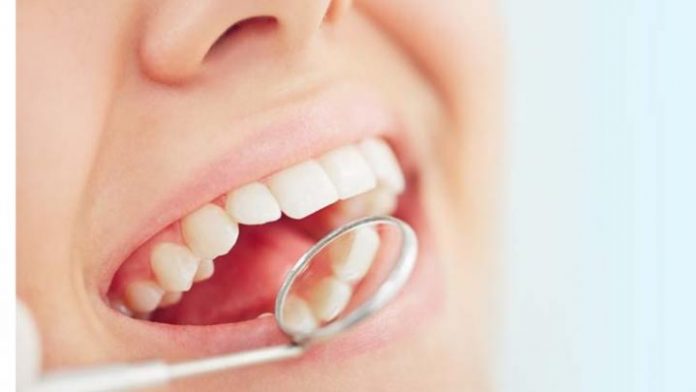An increasing number of dental patients in the UK are seeking treatment in foreign countries driven by low treatment costs and shorter waiting times according to a recent survey carried out by the British Dental Association (BDA). The association is, however, urging potential dental travellers to be fully informed of the risks and alternatives, before considering treatment abroad.
An increasing number of dental patients in the UK are seeking treatment in foreign countries such as Turkey owing to low treatment costs.
However, BDA evidence suggests that dental treatments overseas are often risky and highly invasive, and many patients have to have post-treatment dental problems rectified back home. The association has been working with the BBC to call attention to the dangers of seeking dental treatment overseas.
Turkey is known to be one of the most popular destinations for those seeking cheap cosmetic dental care, the most sought-after procedure being veneers or crowns.
The BBC has reported that bookings for procedures overseas are often made online through social media platforms, offering patients easy access to treatment.
However, instead of perfecting their smiles and cutting down on treatment costs, the BDA says that these treatments often leave patients with painful infections, tooth extractions and abscesses, not to mention the added costs for further care in case of complications.
The BDA survey included 1,000 UK dentists and found that 94% of them had examined patients who had gone abroad to seek dental treatment, and of these dental professionals, 86% had had to treat patients who had experienced adverse dental outcomes after the treatment.
Follow-up treatment was more typically required by patients who had undergone dental crown placement, followed by those who had received dental implants.
Regarding treatment complications, 86% of the 94% of dentists who had examined patients treated abroad reported that the patients’ treatment was failing or had already failed, 76% said that patients were experiencing pain and 72% noted that the treatment had been poorly executed.
The survey respondents said that restoring damaged teeth can be expensive, 65% of the 86% who had treated these patients estimating the treatment costs to reach at least £500 (€586) and 51% over £1,000. Of the latter, 20% said that it cost more than £5,000. Over 40% of the 86% of dentists said that the remedial treatment was provided by the NHS.
Although the vast majority of the respondents (98%) cited reduced treatment costs as the key factor influencing patients’ decision to seek dental care overseas, 31% of the surveyed dentists said patients were lured abroad owing to shorter waiting times.
In light of the increase in dental tourism, 93% of the dentists were concerned about the continuity of care of patients, 79% were not satisfied with the quality of care, 77% cited difficulties associated with seeking redress or making a complaint, and 66% pointed out concerns over poor communication between patients and practitioners.
Additionally, some of the respondents reported issues such as over-prepared teeth, ill-fitting crowns and lost dental implants. Others expressed their concern that treatment overseas was carried out despite the patient having untreated periodontal disease, which may have increased the chances of crown and implant failure and contributed to infection and pain. They noted that, in pursuit of the perfect smile, patients had extensive work done on healthy teeth and would need to invest a substantial amount of money to maintain their smiles or could otherwise risk losing their teeth and requiring dentures.
As dental tourism has become more popular, the NHS has devised a treatment abroad checklist for dental patients and highlighted the importance of informed consent.
The BDA is urging the authorities to inform patients of the potential risks of treatments abroad through proactive campaigns.
Dr Eddie Crouch of the BDA says, “Patients need to provide informed consent for any treatment they have and be wary of a hard sell, as the reality is rarely as simple as it appears on Instagram. Sadly, many UK dentists are now picking up the pieces when things go wrong. Complex courses of treatment typically require detailed preparation and a number of follow-up visits. Patients should be aware of the risks and alternatives to the treatment desired, and get advice on what they should do in the event of problems occurring when they return.”
The BDA strongly advises people considering travelling abroad for dental treatment to first check the treating dentist’s qualifications and experience and whether they are insured in case of treatment complications.
The UK dentistry business is struggling with long NHS queues and many dentists refusing to do NHS work, while economic pressures mean that private dentistry is not as profitable as it used to be, with some dentists forced out of business.








 ©2024 All rights reserved LaingBuisson
©2024 All rights reserved LaingBuisson 


